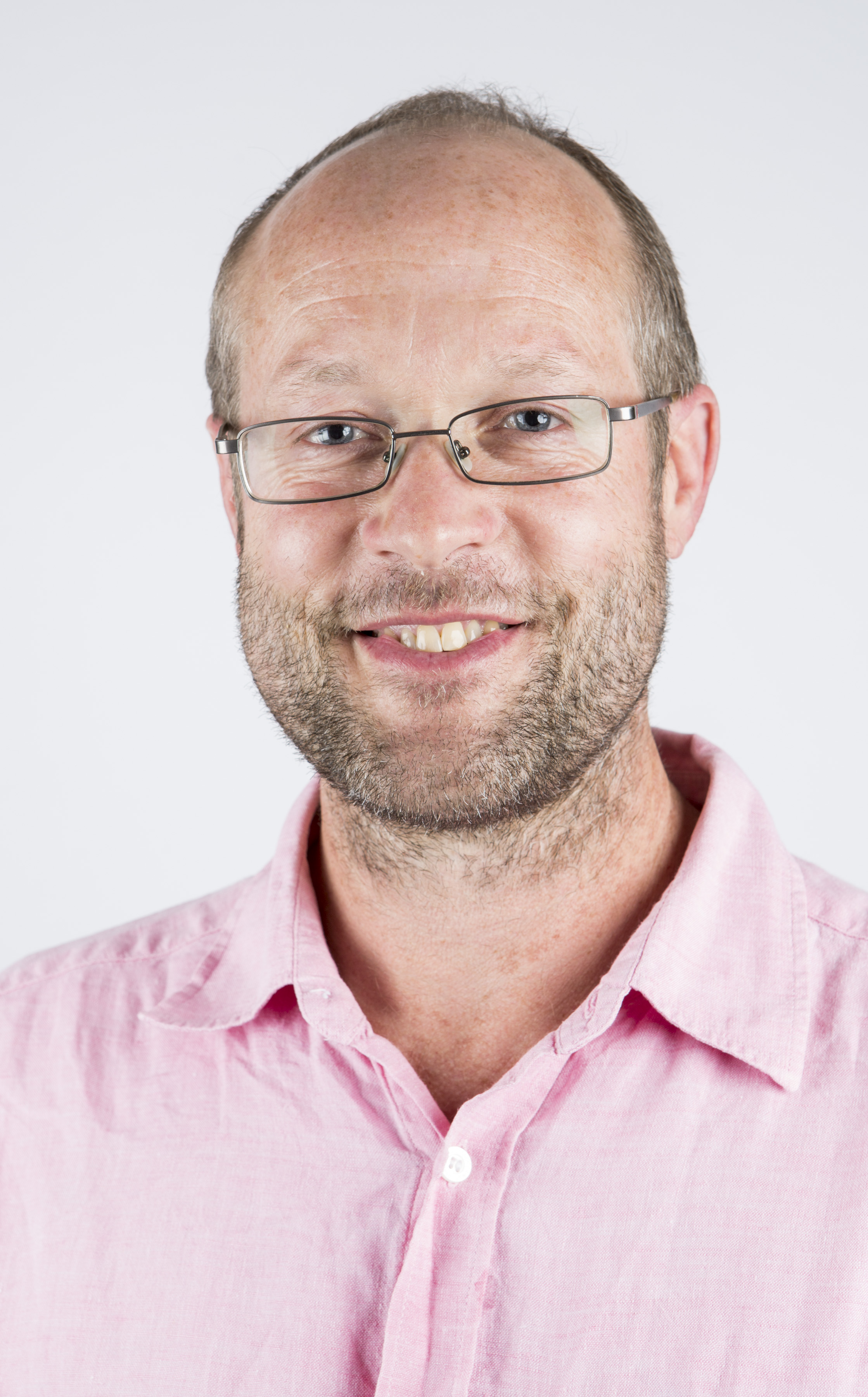
Kyle Young is a Lecturer at Aberystwyth University whose research focuses on fish ecology and river ecosystem management.
I use fish to explore questions spanning the sub-disciplines of ecology. I study how fish behave and evolve, how fish communities are structured, and how we can manage natural resources so Welsh citizens continue to enjoy the benefits healthy fisheries and river catchments provide.
I decided to study fish, and salmon and trout in particular, because they matter. Becoming a fish biologist ensured my research would improve not just the environment, but peoples’ lives as well. Of course, fish also live in beautiful places, and I’ve been able to work throughout the Americas, Europe and Africa.
Before joining Aberystwyth University, I spent four years working with the Environment Agency and Natural Resources Wales as a fisheries biologist and Water Framework Directive advisor. This Directive requires EU member states to improve the ecology of their rivers. Because nearly everything we do -drink water, grow food, build homes, wash our cars- impacts rivers and the catchments they drain, this Directive should affect nearly every aspect of life in Wales.
Much of my research aims to understand how we affect fishes and river ecosystems. Recently, I used angler catch data from England and Wales to demonstrate that salmon stocking -the practice of raising juvenile fish in hatcheries then returning them to rivers- does not improve angling. Combined with the scientific consensus that stocking threatens wild salmon populations, this research has supported the proposal by Natural Resources Wales to end its salmon and sea trout stocking programmes. All Welsh citizens should celebrate this example of science informing policy, and be relieved precious resources will no longer be wasted.
Currently, I am studying how water abstraction affects river ecosystems. We need to abstract water to drink, bath, grow food, and even produce electricity using hydropower, but if we take too much water out of our rivers, they will not be able to provide us with other benefits: healthy fisheries and tourism, habitat for plants and wildlife, places to renew our spirits. This research will reveal how much water we can sustainable remove from our rivers, and help identify those types of rivers most resilient to abstraction.
Ecologists can only do so much to improve the quality of life in Wales. The main impediments to sustainable development and responsible natural resource management are not scientific. They are social and political. For river ecosystems, the solutions are simple and well known, but will require courage to implement collectively. We need to reduce the impact of land use on rivers, strategically remove flood defences so swollen rivers can fill their floodplains instead of our homes and businesses, and use less water so we can leave more for our rivers. Scientists like me can collect and communicate evidence, but the behaviour and votes of Welsh citizens will determine whether our science matters.
Kyle may be contacted at kyy@aber.ac.uk
This article first appeared in the Western Mail on 20th October 2014, as part of the Welsh Crucible series of research profiles.
